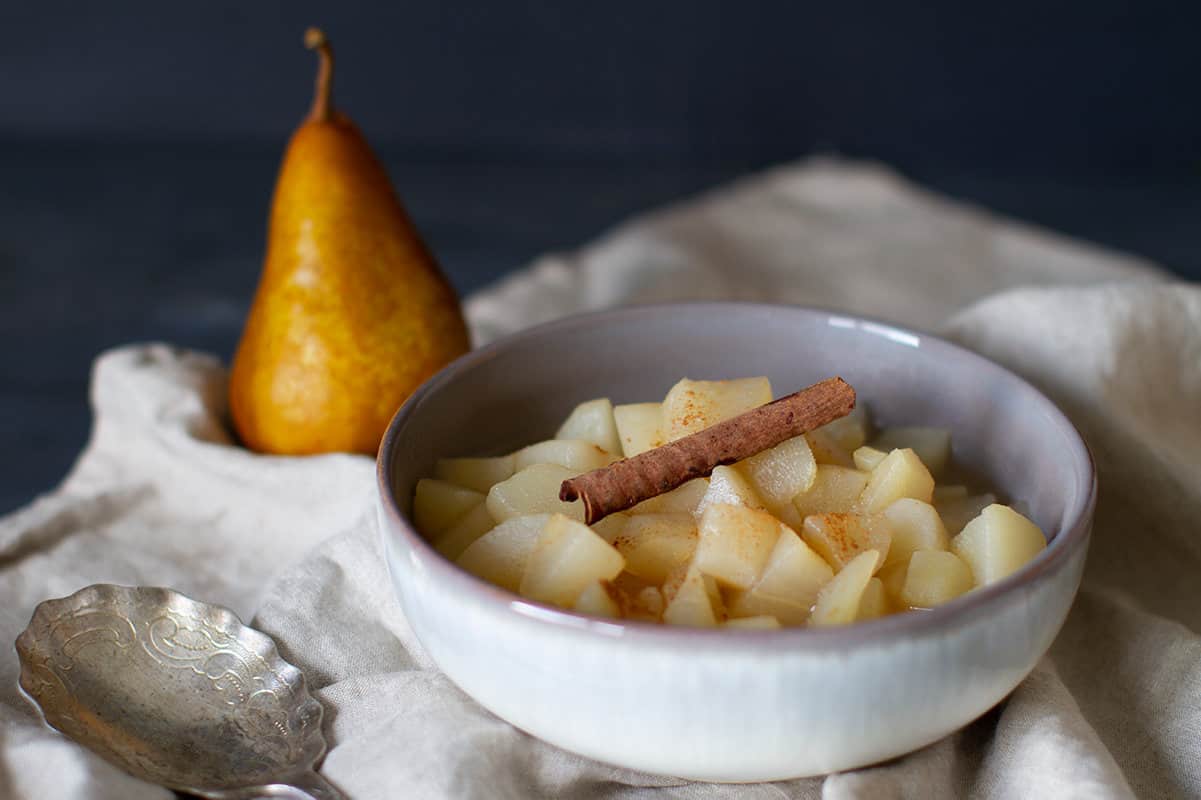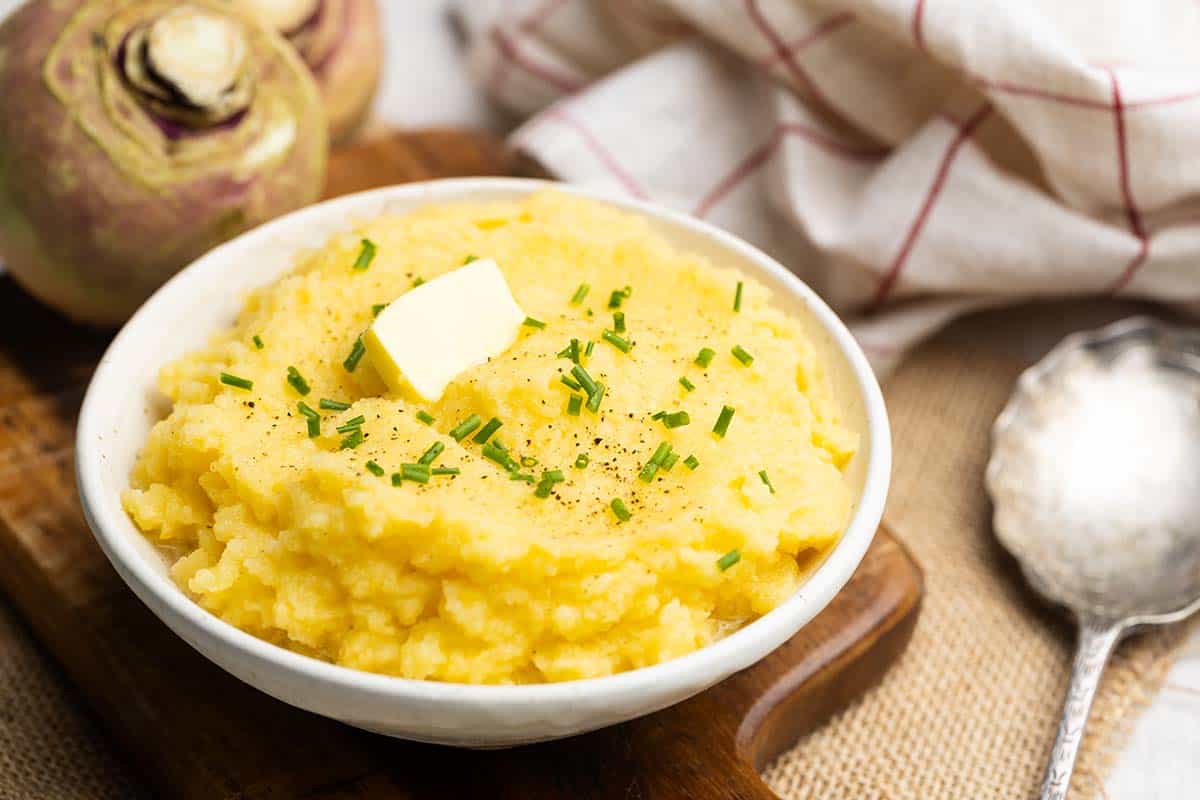Seasonal Food Guide
Are you wondering when asparagus, artichokes, or grapefruit are in season? Check out this comprehensive seasonal food guide, covering fruits, vegetables, herbs, and specialty foods, along with seven reasons to embrace seasonal eating. Get ready to savor the flavors of spring, summer, fall, and winter!

Seasonal food is a delightful and sustainable way to enjoy the freshest and most flavorful produce available during different times of the year. As the seasons change, so does the abundance of fruits, vegetables, and other culinary delights nature has to offer.
Spring
Fruits:
- Strawberries
- Rhubarb
- Cherries
- Apricots
- Pineapple
- Mango
- Avocado
Vegetables:
- Asparagus
- Peas
- Artichokes
- Spinach
- Radishes
- Spring onions
- Fennel
- Arugula / rocket
Herbs:
- Chives
- Mint
- Parsley
Specialties: Spring lamb, young goat, eggs, and gouda cheese.
Explore my most popular spring recipes.

Summer
Fruits:
- Blueberries
- Blackberries
- Boysenberries
- Raspberries
- Nectarines
- Plums
- Peaches
- Watermelon, honeydew melons
Vegetables:
- Tomatoes
- Cucumbers
- Zucchini / courgettes
- Corn
- Bell peppers
- Eggplants
- Beans
- Broccoli
Herbs:
- Basil
- Cilantro / coriander
- Dill
Specialties: Grilled seafood, BBQ meats, venison, ice cream, and feta cheese.
Here are some of my favorite summer recipes.

Fall / Autumn
Fruits:
Vegetables:
- Pumpkins
- Squash
- Sweet potatoes
- Brussels sprouts
- Beets
- Carrots
- Kale
- Mushrooms
Herbs:
- Sage
- Rosemary
- Thyme
Specialties: Wild game, turkey, pumpkin spice, apple cider, and young wine / Federweisser.
Check out my favorite fall recipes and fall food bucket list.

Winter
Fruits:
- Oranges
- Grapefruits
- Lemons
- Mandarins
- Pomegranates
- Chestnuts
Vegetables:
- Cabbage
- Cauliflower
- Winter squash
- Kale
- Leeks
- Radicchio
- Swede / rutabagas
- Silverbeet
Herbs:
- Bay leaves
- Oregano
Specialties: Comforting soups, roasted meats, hot chocolate, and mulled wine.
Explore my favorite winter recipes.

7 reasons why you should eat seasonal food
Eating fruits and vegetables in season offers several advantages:
- Lower price: Seasonal produce is generally more abundant and readily available, which often leads to lower prices. When fruits and vegetables are in season, there is less need for expensive transportation or storage, reducing costs for consumers.
- Peak freshness: Seasonal food is harvested at its peak ripeness, ensuring maximum freshness and optimal nutritional content. Freshly picked fruits and vegetables are likely to have better texture, color, and flavor compared to those that have been stored for extended periods.
- Optimal flavor: In-season produce is known for its superior taste. They have had time to fully develop their natural sugars and flavors, resulting in more delicious and satisfying eating experiences.
- Nutritional benefits: Fruits and vegetables in-season are typically more nutrient-dense since they are harvested closer to their peak ripeness. They are allowed to fully mature on the plant before being picked and tend to have higher levels of vitamins, minerals, and antioxidants.
- Environmental impact: Choosing seasonal produce can reduce the environmental impact of food production. Locally grown, seasonal fruits and vegetables often require less transportation and refrigeration, leading to lower greenhouse gas emissions and a smaller carbon footprint.
- Support local: Opting for seasonal produce supports local farmers and agricultural communities. Buying locally grown fruits and vegetables helps sustain local economies and preserves farmland and agricultural traditions.
- Greater variety: Eating fruits and vegetables in season allows you to enjoy a diverse array of produce throughout the year. Different varieties of fruits and vegetables may become available during different seasons, providing a more varied and exciting culinary experience.






